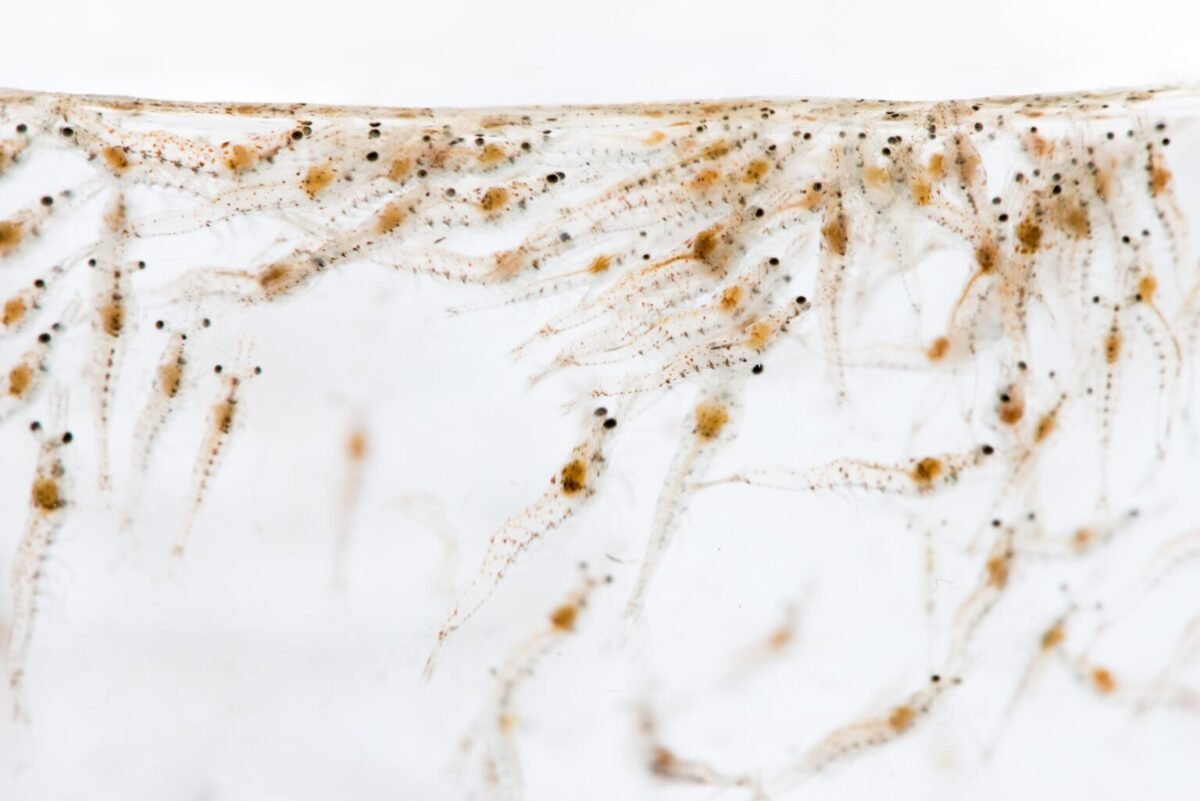Barramundi Group receives BND 15Mn for expansion of Brunei operations
The facility, subject to finalisation and completion, will be used to fund the first phase of the Brunei expansion and pivot to BG 2.0
Barramundi Group Ltd announced that its Brunei operations have secured a facility offer of BND 15 million from a Bruneian financial institution.
The facility, subject to finalisation and completion, will be used to fund the first phase of the Brunei expansion and pivot to BG 2.0. The financing allows us to execute the 2 key components of this first phase:
The construction of a RAS Broodstock and Hatchery centre, complementing the existing RAS Nursery operations; and immediate deployment of sea cages at our existing sea lease, Pelong Rocks. This deployment is slated for mid-2024.
With the new broodstock and hatchery facility, the Brunei operations will be able to capitalise on the genetic nucleus from our Singapore broodstock – naturally bred and selected over 20 years – to spawn and culture fry and fingerling within Brunei. The capacity of this facility will allow Brunei to be sufficient not only for the Phase 1 Pelong Rocks grow-out cages, with an annual capacity of 1,000 tonnes but also for Phase 2 requirements of the planned 3,000 tonne land-based RAS facility.
The immediate deployment of Pelong Rocks will help to smoothen the gap in production and revenues, but also provide the Group with an opportunity to re-enter the China market – one of our largest and key markets, previously unreachable with a Singapore-grown product.
Securing this initial funding, in the present economic climate, and following the many difficulties the Group has faced in recent years, is encouraging. We now focus on the work ahead to establish the funding requirements of Phase 2 of BG 2.0 and the Group.
The facility, subject to finalisation and completion,




